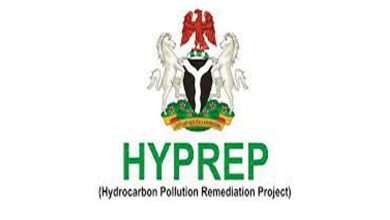Shell Offers to Pay N7.5B to Bodo Claimants
The Shell Petroleum Development Company has offered to pay N7.5 billion to the indigenes of Bodo community, Gokana Local Government Area of Rivers, in Nigeria who were affected by an oil spill in 2008.
An informed source close to Shell told the News Agency of Nigeria (NAN) in Port Harcourt on Thursday that the offer was made at the ongoing settlement negotiations between the company and representatives of the community.
The meeting is taking place in Port Harcourt. The source said that the company had made the proposal and was awaiting the response of the community’s representatives and their lawyers.
Shell had accepted responsibility for the oil spill in 2008 which polluted the waterways of the fishing communities.
The company however, insisted that the volume of the spill and number of those who lost their means of livelihood were exaggerated.
Shell’s spokesman, Joseph Obari, said: “We took part in this week’s settlement negotiations with two objectives — to make a generous offer of compensation to those who have suffered hardship as a result of the two highly regrettable operational spills in 2008, and to make progress in relation to the cleanup.
“We await the community’s response to our compensation proposal, and we’re pleased to have made progress in relation to the cleanup.
“SPDC and the Bodo community have committed their full support for the cleanup process, currently in progress, with the support of Bert Ronhaar, the former Netherlands Ambassador to Nigeria,’’ he added.
Obari said Shell had also proposed a series of interim measures to begin the removal of oil from the area.
“Of course, the success of any interim measures and final remediation depends on the cessation of oil theft and illegal refining in the area,” he said.
He added that oil theft, which usually affected the environment, had remained the major cause of oil pollution in the Niger Delta.
Meanwhile, some indigenes of Bodo community protested on Thursday about their exclusion from the ongoing negotiations with
Shell.
Their spokesman, Eugene Odey, a lawyer, said Shell was insincere in its efforts to deal with the majority of those affected by the 2008 oil spill.
– BusinessDay




